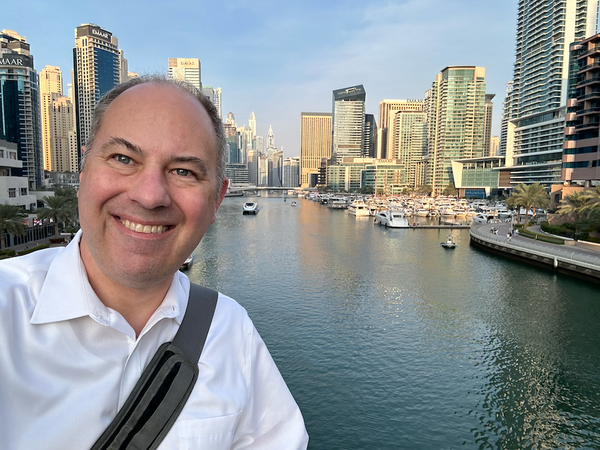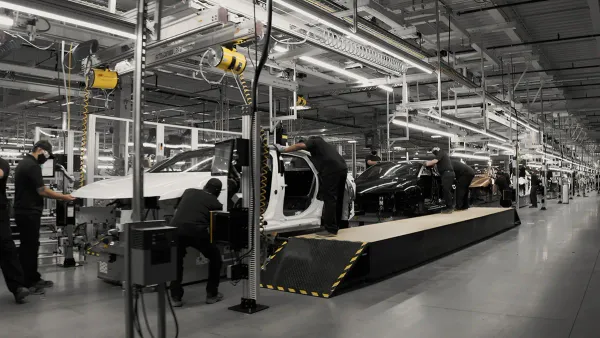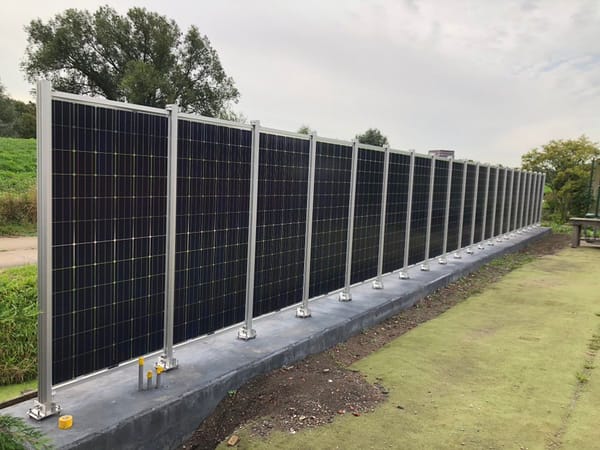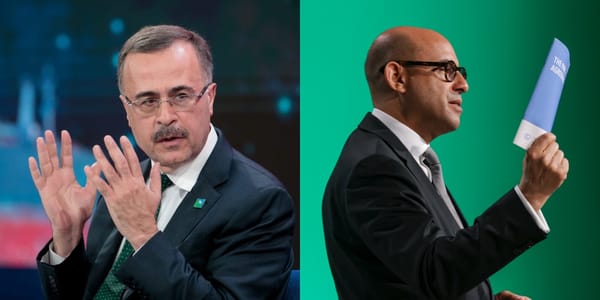Are problems with the COP28 President big enough to sink climate progress this year?
Fifth in a series of five on expected COP28 issues
Good Afternoon!
Today is the last in my series on the major issues that should dominate COP28.
For the rest of the month, I’m going to post shorter newsletters in the coming weeks as I devote some energy towards prepping for Dubai. My plan, once there, is to post daily. But, I plan to put many of those posts mostly behind a paywall for those who subscribe and have sponsored my Kickstarter. Once a week – TBD, but likely Fridays – I’ll post a longer, free report for everyone to read. The dailies will include a free preview of full posts, but you’ll miss the many, many details I’ll include. For those of you who are Kickstarter supporters, I’ve got some other goodies coming.
So, please sign up to be a paid subscriber. It’s just $6! Cheap!
Past issue reviews:
- The four major issues shaping up COP28, plus one more
- Why we’re talking about abatement instead of fossil fuel phase out
- Developing country finances are now a top climate negotiating point
- How Global Stocktake results and carbon capture will play into negotiations
- Green energy financing, where will it come from?
- Today – Concerns surrounding the COP28 president
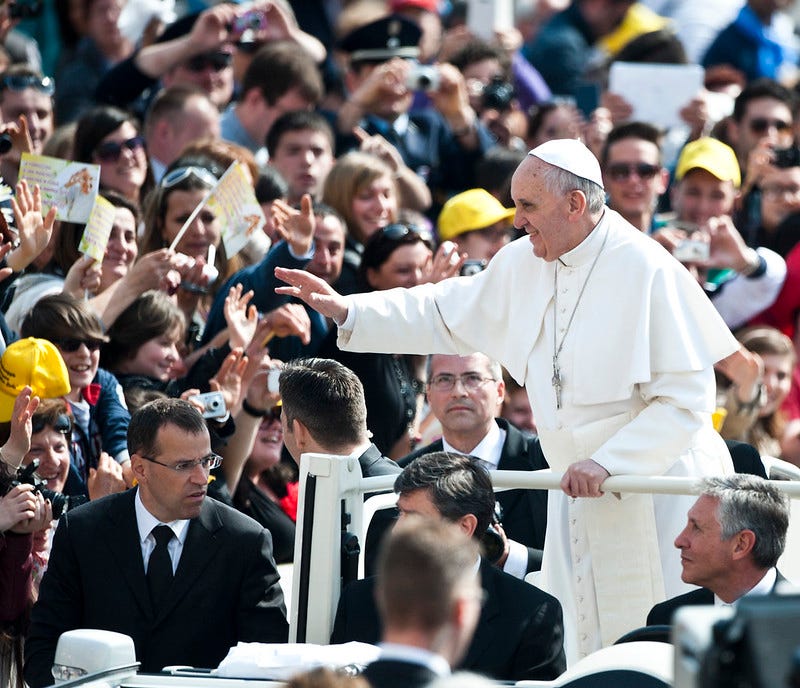
What’s wrong with the COP28 President?
If you’re a fan of fixing climate change through global cooperation, then perhaps the biggest bone in your throat right now is that the CEO of the UAE national oil company is heading up the COP28 climate talks in Dubai later this month. It’s an unusual choice, since most past COP meetings have been helmed by government ministers, but last year the United Arab Emirates designated Mohammed Sultan Al Jaber as COP28 President, and ever since environmentalists have been fretting about the results.
Not surprisingly, the list of protesters include Al Gore, Greta Thunberg, a letter from 100 U.S. and E.U. legislators, and profiles from around the world pointing out that oil executives have inherent conflicts with arresting climate change. But using an achingly familiar PR playbook, Al Jaber has smoothly deflected criticism. Calls for this meeting to set a fossil fuel “phase out” date have been answered by Al Jaber to “phase down” fossil fuels. Calls for decarbonization have led to Al Jaber touting his oil company’s decarbonization program, while simultaneously announcing plans to expand oil and gas drilling. A proposed plan to eliminate carbon emissions prompted Al Jaber to suggest carbon emissions should be “abated”.
As the meeting convener, the COP President can be tremendously influential. They help set the meeting agenda, move freely between negotiation meetings and have the ability to pull together ministers and heads of state for ad hoc meetings to iron out points of disagreement. Oftentimes, past COP Presidents have pulled victory out of defeat at the last minute. And yet, it seems Al Jaber is prepared to obfuscate some of COP28’s biggest issues, setting strong emissions targets and a date for fossil fuel phase out.
Still, it’s possible he could be positively influential on at least two issues, such as increasing green energy development and devoting funding to developing countries for a Loss and Damage fund. Both issues require nations to provide lots of money and neither issue is a direct condemnation of fossil fuels (although we are talking about them because of fossil fuel emissions…). It is possible that Al Jaber could broker some sort of rich petrostate financing of both plans as a way to demonstrate their magnanimity and to sidestep developing countries’ distrust of solutions put forward by China and the U.S.
So, while Al Jaber has a role to play, the question is if he, the UAE and other Gulf States want to play it.
What’s the politics?
It should be no surprise to anyone that petrostates like the UAE have close to zero interest in halting the use of fossil fuels. Despite the fact that their own countries are experiencing record heat and other effects of climate change, every aspect of their countries’ economies and political systems are built on the rivers of money they receive from oil and gas revenues. To willingly accept the end of fossil fuels is to likely welcome the end of their regimes, political revolt, and an end to global influence, not to mention no more five star hotels, G5 jets, and high end supercars.
Yet, while it is implicitly Al Jaber’s job to block threats to fossil fuels, a “failed” COP would be a bad outcome for him and the global influence of the UAE. If he could broker other issues, as mentioned above, it could help cement his nation’s stature as a diplomatic broker – which could help in many other, more lucrative ways down the line.
Another pair of wild cards for the meeting will be the presence of Pope Francis and U.K. King Charles III. Charles, who is keenly interested in climate issues, is giving the meeting’s opening speech, and could end up as an “extra-governmental convener”. Francis, who has also expressed a great deal of interest in climate issues, could do the same. What world leader would turn down a private meeting with the Pope or King of England? Imagine the two of them pulling together ad hoc meetings to ensure things are moving along. It will be interesting to see how much of the two week long meeting they attend – and if they are as diplomatically savvy as their reputations warrant.
What’s the likely outcome?
Climate negotiations watchers like to predict whether or not a meeting will be a “big COP” or a “failed COP” well in advance. For instance, COP26 in 2021 was expected to be important since Democrats newly controlled the U.S. government, so loads of reporters showed up along with lots of heads of state. It ended up securing numerous big emissions cuts targets. But those targets remained under 2°C, rather than the preferred 1.5°C target.
In contrast, 2017’s COP22, coming on the heels of Donald Trump’s election and withdrawal from the Paris Agreement was a “failed COP”, with low meeting attendance and little to show for the meeting.
Predicting this year’s meeting is a conundrum. The U.S. is has announced an interest in further emissions cuts but is against a fossil fuel halt date. Europe is against more emissions cuts but wants to set a fossil fuel halt date. India and China don’t want to set more emissions cuts but instead want commitments to increased green development spending. Developing countries want hard dollar commitments to Loss and Damage funding, while the U.S. opposes it.
And then there’s the problems with Al Jaber. But then the Pope and King Charles will be there.
A cynic would say there’s too many unaligned interests, so we should expect a failure. An optimist would say that there’s a lot of diplomatic capital invested in this meeting, so something is likely to happen.
The one thing for sure is that it will be interesting.
Other Things Happened
- Public health experts from around the world sent an open letter to COP28 President Al Jaber connecting health problems to continued use of fossil fuels.
- China’s lead climate negotiator is set to retire after COP28. He has built a close working relationship with the lead U.S. climate envoy John Kerry.
- The world’s biggest carbon removal plant has been running for two years. It’s not working that well.
- Climate negotiator and activist Saleemul Huq, 71, died at home in Bangladesh last week. Huq was responsible for getting the 1.5°C target in the Paris Agreement and last year was instrumental in getting rich nations to accept the Loss and Damage fund for developing nations. He was a giant.
You made it to the bottom! Do you like these links? Because I don’t see a lot of people clicking on them. Click here if you want to see more of them.


